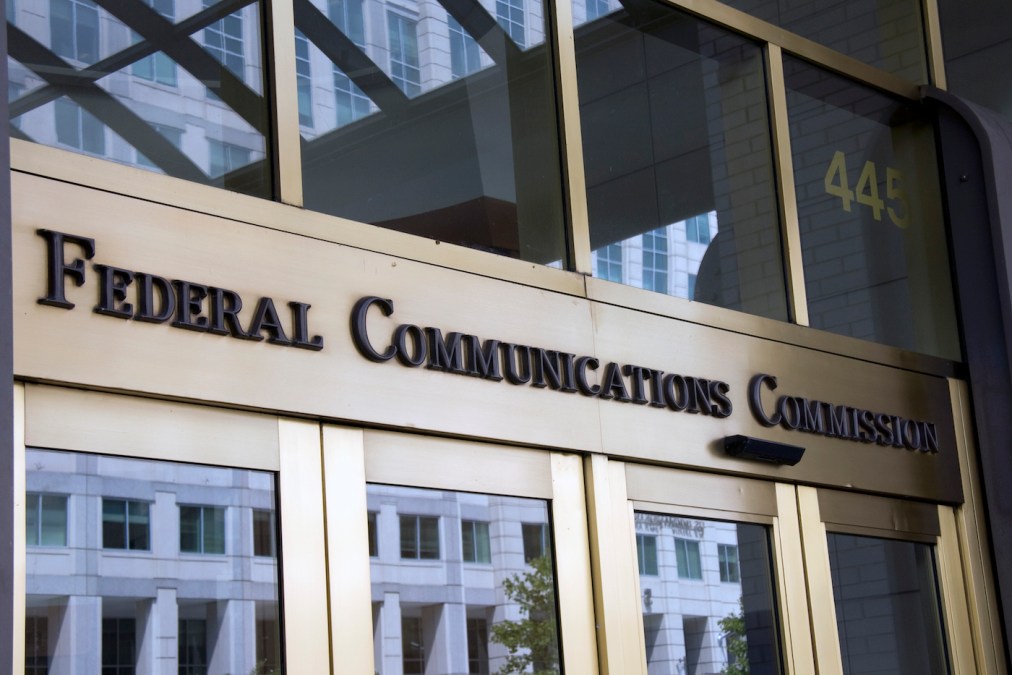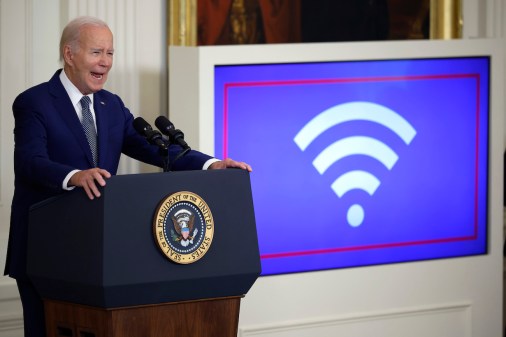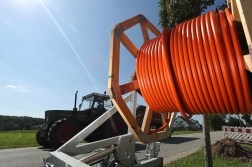Senate bill would create rural broadband office at FCC

Four U.S. senators introduced legislation this week that would create a dedicated office for rural-broadband expansion inside the Federal Communications Commission. The bill arrives as the FCC plans to revise its national map of high-speed internet coverage and as multiple states have created their own broadband offices.
The bill, text of which has not yet been released, is sponsored by Republicans Kevin Cramer of North Dakota and John Hoeven of South Dakota and Democrats Amy Klobuchar of Minnesota and Ron Wyden of Oregon.
“For education, for jobs, for medicine, broadband is really essential to helping rural communities thrive today,” Wyden said in a press release. “Creating a new Office of Rural Broadband will create a new focus at FCC on making sure every home and business can get online.”
If enacted, the legislation would order the FCC to create an Office of Rural Broadband. That new agency would coordinate with the National Telecommunications and Information Administration, the Agriculture Department’s Rural Utilities Service and the Universal Service Administrative Company — an FCC-backed nonprofit that distributes broadband funds to underfunded areas — to maintain information on federal rural broadband programs.
At least 20 states have created their own dedicated broadband offices, as bringing high-speed internet access to rural areas remains one of the most popular objectives of elected leaders across the country. Wyden’s home state of Oregon added an office to run statewide broadband policy last December when Gov. Kate Brown proposed the creation of a four- or five-person office plus $5 million in rural broadband expansion projects. Neighboring Washington is also opening an office of its own, along with up to $25 million in bonds and grants to expand internet access in its underserved rural areas.
The broadband office bill was also introduced a bit more than two months after the FCC decommissioned its National Broadband Map, which relied on information the commission called “dated.” That map, first published in 2011, was based on a data set last published in 2014, the FCC said when it shut down both the map and its application program interface. The FCC now uses a Fixed Broadband Deployment map, which was first published in February 2018.
The NTIA, which supplies the FCC with data on states’ broadband coverage, announced Tuesday it is working with eight states to collect new datasets to be fed into an updated and more accurate broadband map.






